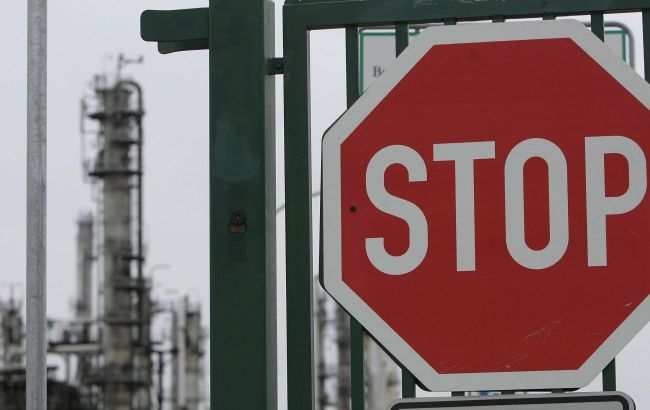UK pushes G7 to slash price cap on Russian oil
 Photo: Putin to cut oil prices (Getty Images)
Photo: Putin to cut oil prices (Getty Images)
The United Kingdom has called on its G7 allies to lower the price ceiling on Russian oil. The move is necessary to further pressure Vladimir Putin to end Russia's war in Ukraine, Bloomberg reports.
"Pressure on Russia’s war machine is needed now more than ever," the UK Treasury said in a statement after Chancellor of the Exchequer Rachel Reeves chaired a session on Ukraine at the G-7 finance ministers' meeting in Banff, Canada.
"Putin has failed to engage in good faith with proposals from Zelenskiy to meet directly and attempts to broker a ceasefire from his illegal and brutal war," the statement says.
Price limit
The G7 countries, which include the United Kingdom, the United States, Germany, France, Italy, Canada, and Japan, are exploring ways to tighten the price cap to further undermine Moscow's ability to finance the war in Ukraine.
Under the current terms of the price cap, set at $60, Western operators can only insure and transport oil from Russia if it is purchased below the price threshold.
At the G7 meeting, Reeves stated "an ambition to move quickly in lowering the $60 price cap on Russian crude oil at this opportune time." She also “called on G7 allies to unite in their work to secure a just and lasting peace,” the statement said.
Russia has responded to the price cap and the US and EU embargo on much of Russia's oil imports by using a shadowy fleet of tankers, often operating with unknown insurers or owners, that transport its crude oil to new markets, especially in Asia. This shadow fleet has helped Russia circumvent restrictions.
G7 decision
It is not yet known whether the G7 will agree to lower the oil price ceiling at the meeting in Banff. French finance minister Eric Lombard told Bloomberg that the proposal is on the agenda, but declined to comment further as the package is still being discussed.
The price cap was originally designed to limit the amount of money Russia earns from oil sales, while also preventing a sharp rise in global oil prices. With oil prices falling amid predictions of a global surplus in 2025, Ukraine's allies are open to more aggressive action.
Earlier, Reuters reported that Ukraine will ask the EU to consider new large-scale steps to isolate Moscow and impose secondary sanctions on Russian oil buyers.
India and China have become the largest buyers of Russian oil since the outbreak of the war.

